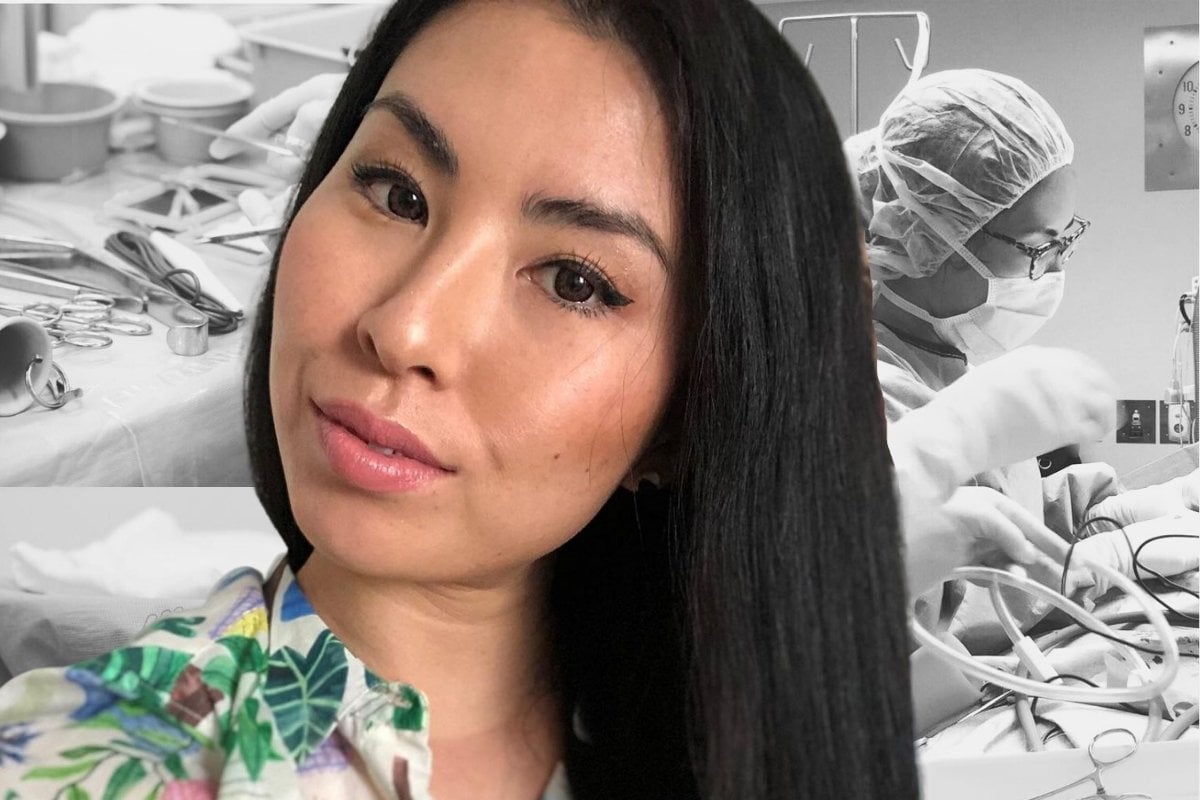
The glass ceiling still looms large over some industries in Australia. Women looking to progress into leadership roles find themselves butting up against invisible barriers to success, despite having the necessary qualifications and experience.
For Asian Australians, there's another obstacle to contend with. It's known as the "bamboo ceiling", a term coined by American executive coach Jane Hyun back in 2005. Like its transparent counterpart, it describes a series of cultural and organisational barriers that prevent an individual — in this case, Asian employees — progressing in their career.
Dr Yumiko Kadota encountered both ceilings while working as a surgeon in a public hospital in New South Wales.
The bamboo one, she said, is built largely on the 'docility myth'.
"The 'bamboo ceiling' affects Asian people, both men and women, who try to go for leadership positions, because there's this idea that we're very timid culturally and that we're not interested in leadership roles," she told Mamamia's No Filter podcast.
"I had both a bamboo and a glass ceiling. And I couldn't break them."
Listen: Dr Kadota on the brutal reality of life as a surgeon.
Dr Kadota was raised in Singapore to Japanese parents, and moved to Australia when she was 15.
When she entered the workforce, the microaggressions — both sexist and racist — accumulated over time, adding to the weight of the tortuous work schedule (12-day weeks, 10 days of which involved 24-hour on-call shifts).
As Dr Kadota explores in her book Emotional Female, her working environment was toxic and, at times, outwardly hostile.